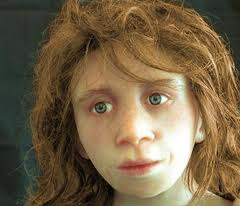The poisonous sting has evolved at least eleven times independently:
- in jellyfish and its relatives
- in spiders
- in scorpions
- in the centipede
- in insects
- in molluscs (family Cone shells)
- in snakes
- in the group of sharks (the rays)
- in bony fish (stonefish)
- in mammals (the platypus male) and
- in plants (nettle).
When I say "independently", I mean that it has appeared in different places, in different animals, for different purposes, with different chemicals an stings, and in different epochs. In other words, it was not invented once by a common ancestor and then inherited by the kin, but devised anew eleven times to respond to the need for defense in the predator-prey fight.
What do you think?
What do you think?



